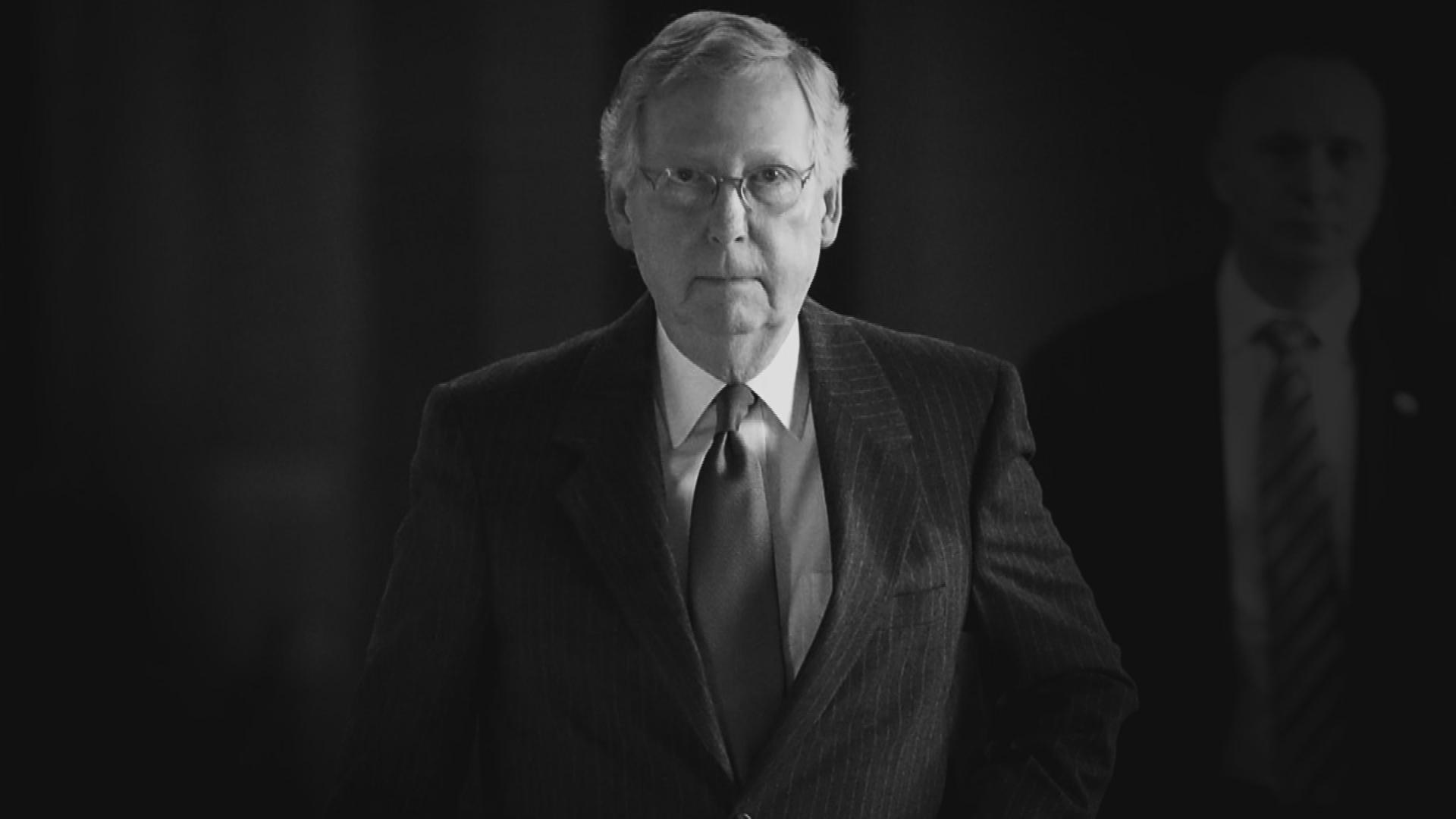
Germany's Potential Right-Wing Chancellor: Parallels To Elon Musk's Twitter Reign
As Germany heads towards its federal election in September 2021, one of the most closely watched candidates is Alice Weidel, the leader of the far-right Alternative for Germany (AfD) party. Weidel, a 42-year-old economist, has been compared to Elon Musk, the CEO of Tesla and SpaceX, for her unconventional approach to politics and her use of social media.
Unconventional Approaches and Social Media Influence
Both Weidel and Musk are known for their outspoken and often controversial statements, which they frequently make on social media. Weidel has used Twitter to attack her opponents, while Musk has used it to make announcements about his companies and to share his thoughts on a wide range of topics.
Their use of social media has helped them to connect with a large audience and to build a loyal following. However, it has also led to criticism from those who believe that they are using their platforms to spread misinformation and to divide society.
Political Parallels
In addition to their similar approaches to social media, Weidel and Musk also share some political parallels. Both are outsiders who have challenged the status quo. Weidel's AfD party is the first far-right party to enter the Bundestag since the 1950s, and Musk's electric car company, Tesla, has disrupted the automotive industry.
Both Weidel and Musk have also been accused of authoritarian tendencies. Weidel has been criticized for her support of strong-man leaders, such as Russian President Vladimir Putin, while Musk has been criticized for his management style and his decision to ban certain users from Twitter.
Different Contexts and Outcomes
Despite these similarities, there are also important differences between Weidel and Musk. Weidel is a politician who is seeking to gain power through the democratic process, while Musk is a businessman who has achieved success through innovation and disruption.
Furthermore, the political contexts in which Weidel and Musk operate are very different. Germany is a stable democracy with a long history of tolerance and pluralism, while the United States is a more polarized country with a history of racial and political violence.
As a result, it is difficult to say whether Weidel will be successful in her bid to become Chancellor of Germany. However, her candidacy and her use of social media to connect with voters and promote her agenda have raised important questions about the future of democracy in Germany and beyond.
Broader Implications
The parallels between Alice Weidel and Elon Musk raise important questions about the role of social media in politics and the dangers of authoritarianism. As social media becomes increasingly powerful, it is essential to be aware of its potential for both good and evil.
We must also be vigilant in defending democracy against those who seek to undermine it. Weidel's candidacy in Germany is a reminder that the far right is on the rise in many countries around the world. We must be prepared to fight for our values and to ensure that democracy prevails.
Conclusion
Alice Weidel and Elon Musk are two of the most fascinating and controversial figures in the world today. Their unconventional approaches, their use of social media, and their political views have made them both admired and reviled.
As we head into a new era of political and technological change, it is important to understand the challenges and opportunities that lie ahead. The parallels between Weidel and Musk provide us with a valuable lens through which to examine these challenges and opportunities.
Post a Comment